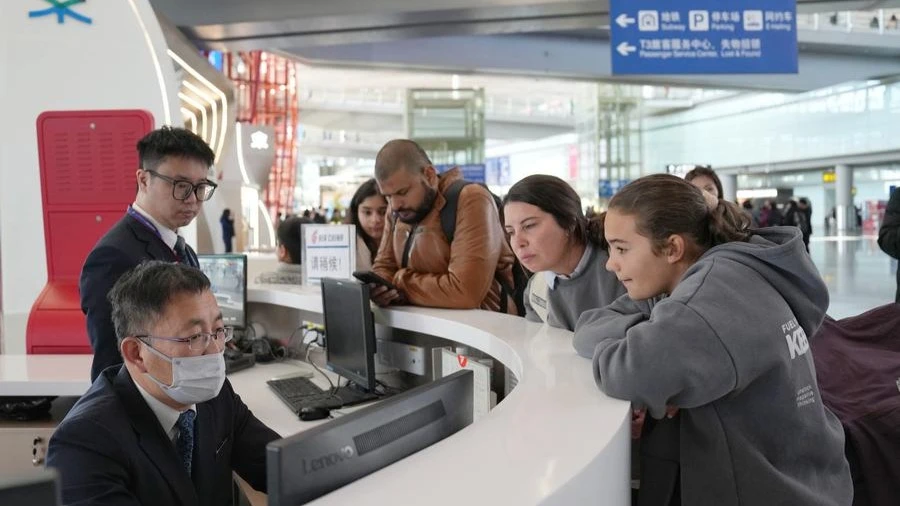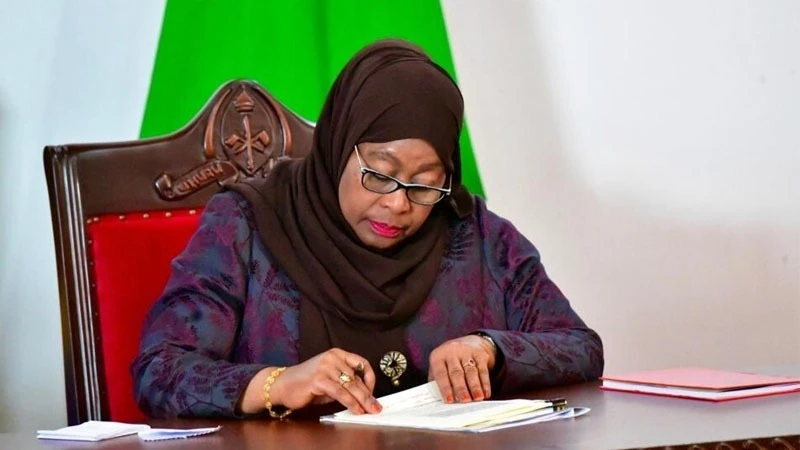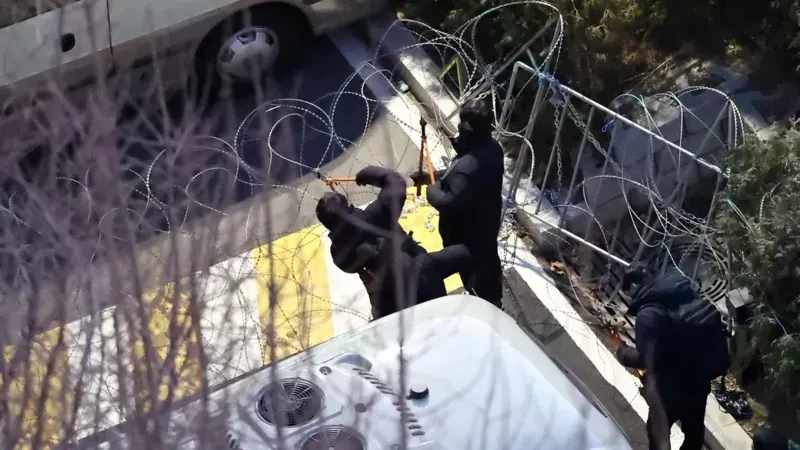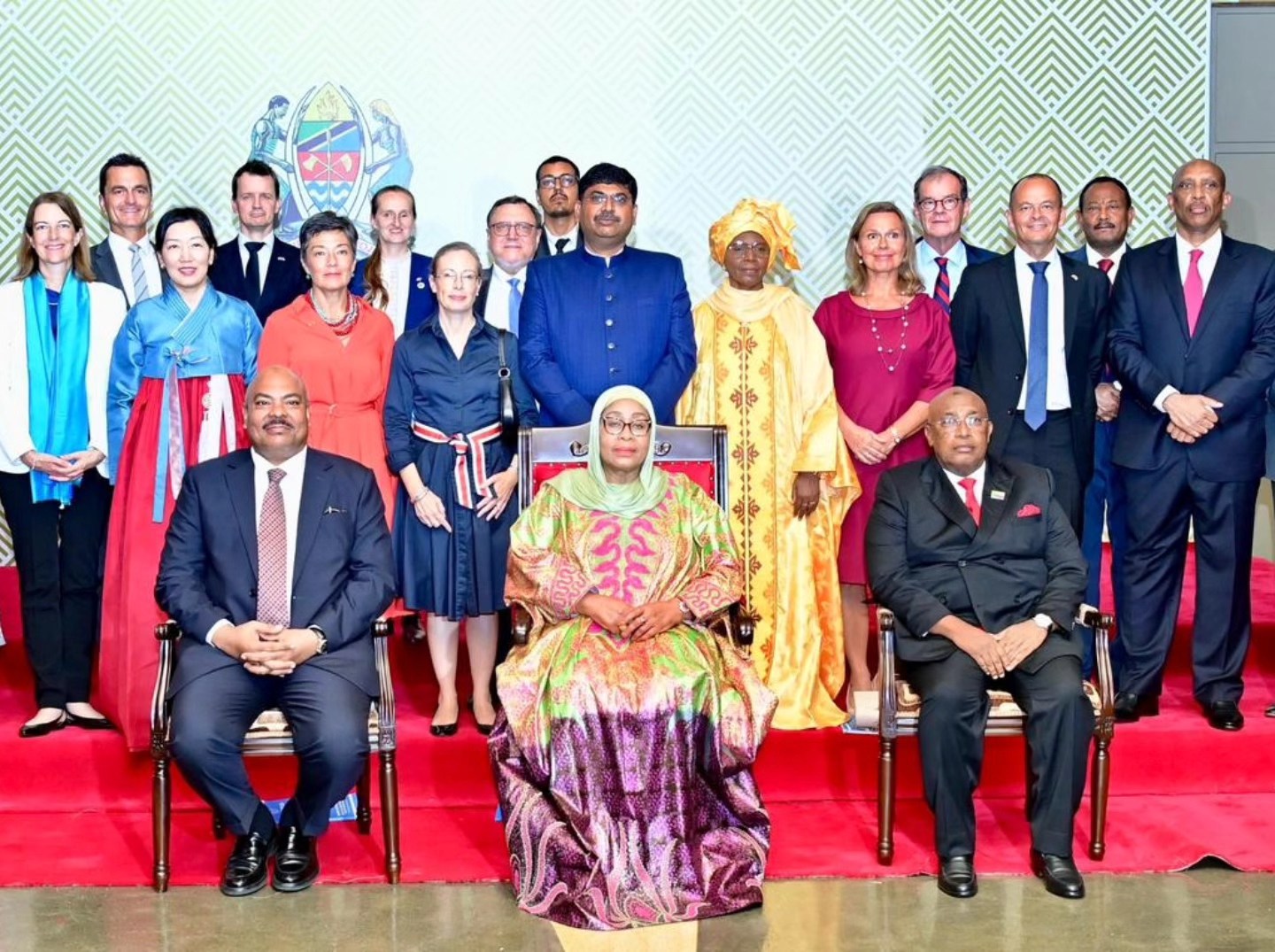EU, FAO project equips, 360 farmers with modern plating skills, materials
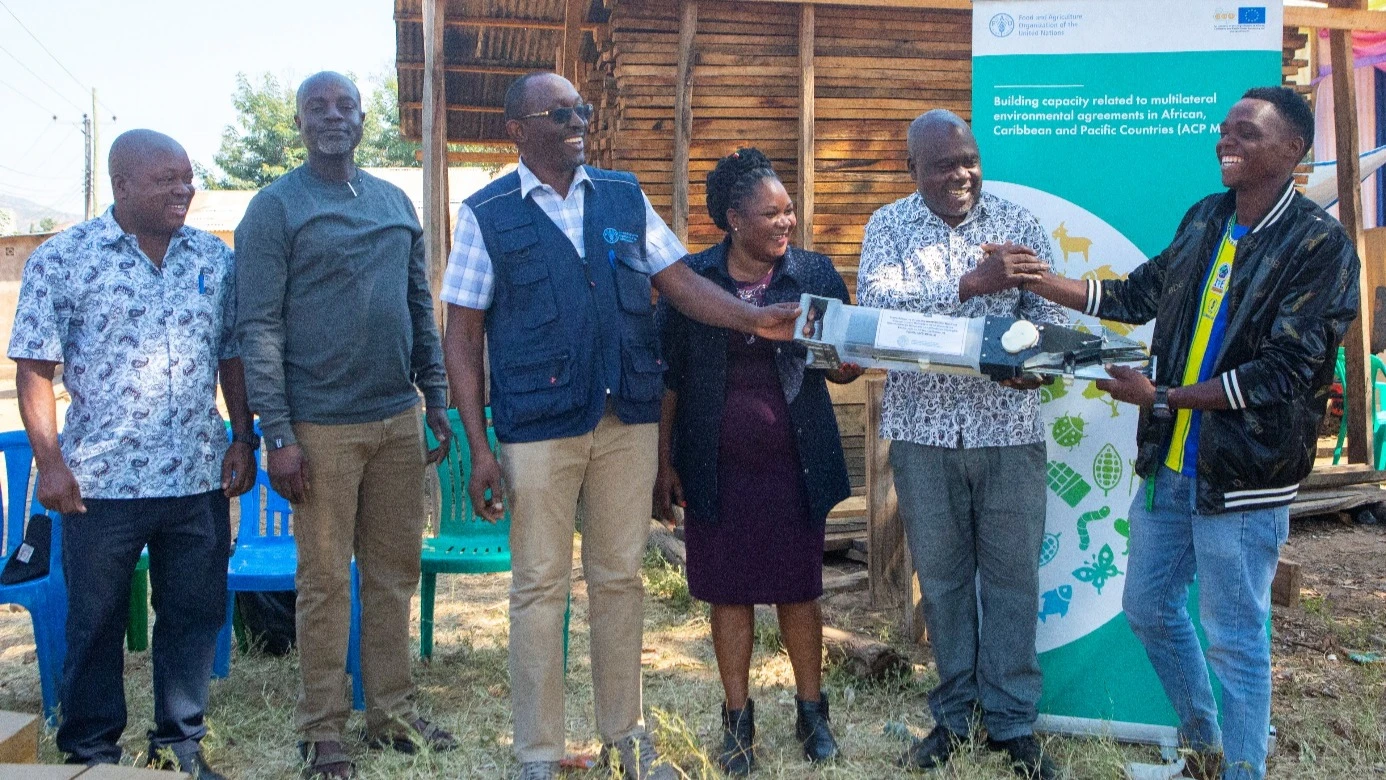
A Total of 360 small-scale farmers in six districts in the country have benefited from free modern farming equipment (double barrel jab planters) provided by the Food and Agriculture Organization of the United Nations (FAO) to promote crop production and improve livelihoods.
The tools will also help heighten food security while also ensuring environmental sustainability.
The handover is part of the interventions of the capacity building related to Multilateral Environmental Agreements in African, Caribbean, and Pacific Countries – Phase III (ACP-MEAs 3) project, funded by the European Union (EU). Valued at $20,400 (55m/-), the 360 planting machines were distributed to farmers in the districts of Kilosa in Morogoro, Kilolo (Iringa), Mbarali (Mbeya), Karatu(Arusha), Kigamboni (Dar es Salaam) and Same (Kilimanjaro).
During the official launch of the distribution exercise in Dar es Salaam recently Diomedes Kalisa, Project Coordinator at FAO said donation of the equipment will go along with training to the farmers to facilitate proper handling for best results.
He said the jab planters will be helpful to farmers as they save labor, and time and reduce the cost of production at planting time by about 50 percent.
He said the equipment improves the speed and accuracy of sowing and fertilizer application with work rates up to four times higher than for planting by traditional methods.
Kalisa noted that among the four outputs of the MEAs 3 project, output number two aims to promote the implementation of measures that support producers in transitioning to more sustainable, resilient, and productive production systems, as well as to facilitate their access to innovative solutions, adaptive-management training, and financial and non-financial incentives.
According to him, based on various field visits and observations, it was noted that farmers in the selected districts, especially women and youth, lack sustainable agricultural tools to improve efficiency while ensuring environmental sustainability, social equity, and economic gains.
“Best ecosystem-based practices that generate multiple global environmental and socio-economic benefits are scaled up, linking landscape-level ecosystem management with improved food security and poverty reduction at the community level and promoting alternative livelihood activities, we hope that these tools will speed up production and promote economic growth,” he explained.
Hassan Ismail, Senior Agro-Engineer at the Ministry of Agriculture said jab planters present an opportunity for farmers to adopt precision agriculture methods, resulting in improved crop yields and resource optimization.
He said the primary objective of jab planters is to optimize seed placement, spacing, and depth, thereby maximizing crop yield while minimizing resource usage.
Deogratias Gambago, private sector desk coordinator at the Ministry of Livestock and Fisheries commended FAO and EU for the initiative which helps foster sustainable agricultural practices, improve farmers’ livelihoods, and empower communities with skills to enhance environmental conservation.
Kilolo District Commissioner, Joachim Nyingo urged farmers to embrace smart and sustainable agriculture which also goes along with applying modern farming tools to improve income and livelihoods.
According to him, despite efforts by the government to transform the agriculture sector and increase productivity, many farmers are still lagging behind in utilizing properly the available land for farming and income generation activities due to various challenges including awareness and capital.
“Considering that we are moving from traditional agriculture to transformed agriculture, these tools are important and will help our farmers use less time and labor in farms, increase production and harvests,” he explained.
Nyingo encouraged farmers who have received the tools to properly utilize them to bring change in their farming but also remember to support others with the tools.
He also emphasised that the handover of modern farming tools has come at the right time as the sixth phase of government has invested efforts to transform the agriculture sector by promoting production to heighten food security and change people’s lives.
“We appreciate FAO and EU for their support, this project which has been implemented in various districts in the country for the past three years, has greatly helped transform agricultural practices as well as heightened environmental conservation,” he said.
A section of local farmers also expressed gratitude for the support they received, acknowledging the impact it will have on their livelihoods.
Joseph Mbwilo, a farmer at Mbigiri village in Kilolo thanked FAO for bringing the project to the vulnerable communities who could not afford purchasing the modern farming tools.
“We are really grateful for this, many of us here are low-income earners, and accessing training as well as tools to improve our farm production can be a little bit hard, but with the support from FAO and EU, we are among farmers who own modern tools to heighten production,” Mbwilo explained.
Yosefa Mdemu, another farmer at Lukani village emphasized the importance of sharing the received modern farming skills and tools to empower more farmers in the community.
She said that the donated tools will help women plan their daily activities well and get ample time to rest because they will be spending less time on farms due to the availability of the jab planters.
Lilian Mgaya, a farmer at Igumbilo village in Chimala ward, Mbarali said: “Apart from this machine, FAO also once came here and trained us on modern beekeeping along with modern beehives and honey processing tools, we are very grateful that today they have come to provide us with more tools to make our farming easier.”
“I am happy because I will no longer spend much to pay labourers to help me during planting season because I have this modern tool which will greatly help reduce the workload, save time and money,” he said.
Dorcas Simon, a farmer at Chemchem village in Karatu district said: “Due to its nature and I have tested myself here, this machine will provide relief to us enabling farmers to also have time to spend in other economic activities apart from farming.”
Credo Stephano, a resident of Maore village in Same District said the tools and training on modern and sustainable farming will help them transform farmers in the village and increase productivity.
He assured FAO that the tools will be well kept to benefit more farmers in the village and bring transformation.
Top Headlines
© 2025 IPPMEDIA.COM. ALL RIGHTS RESERVED











